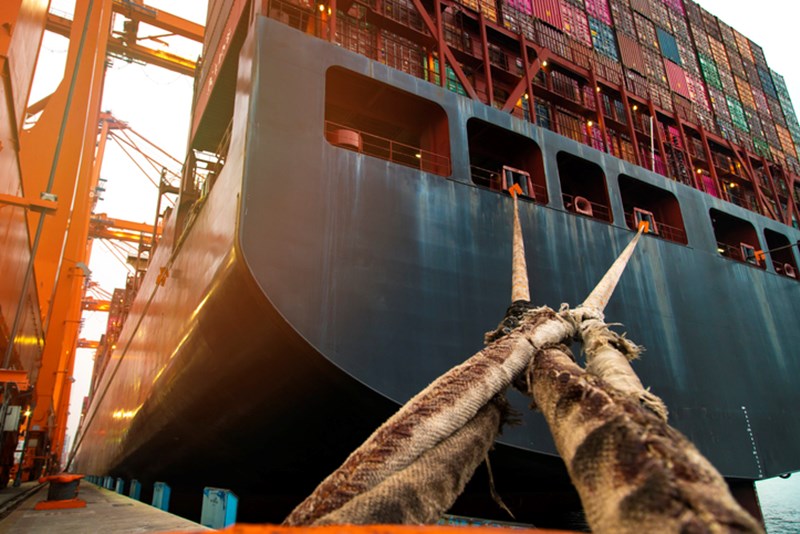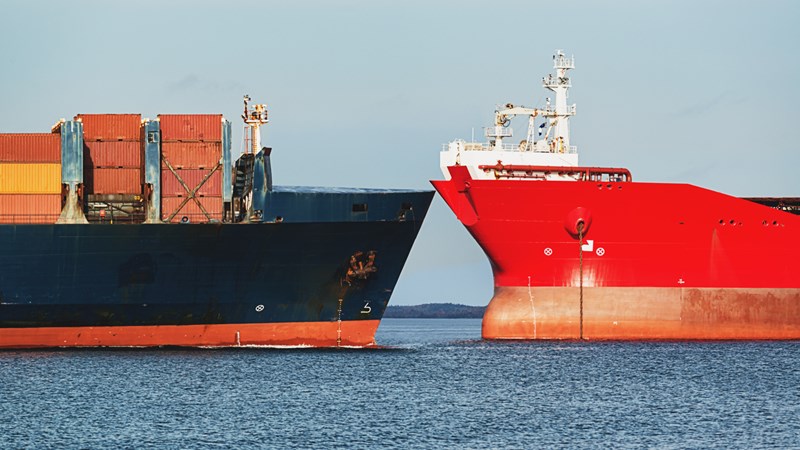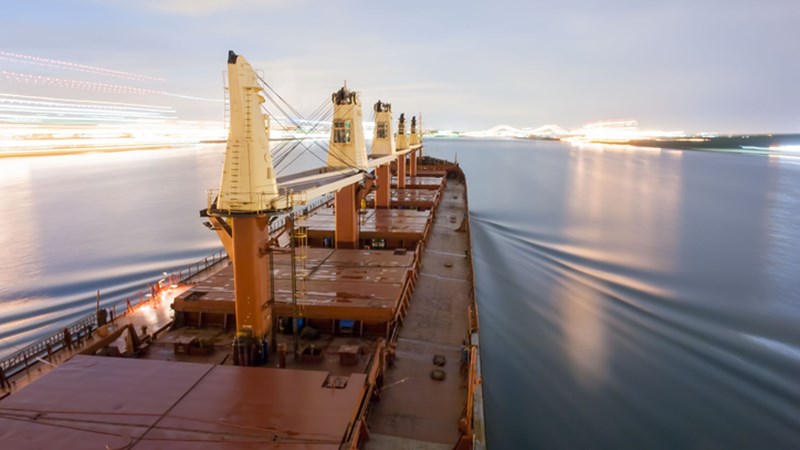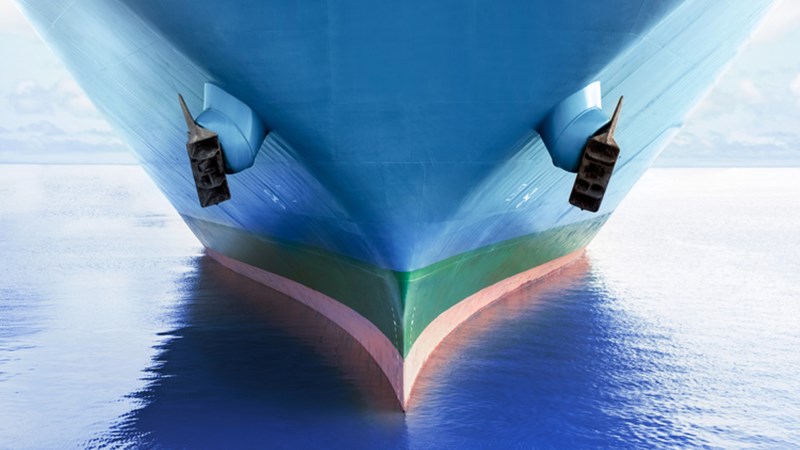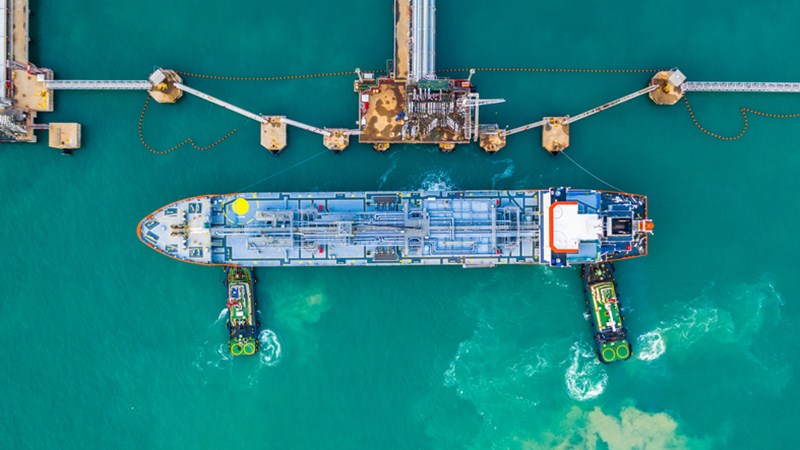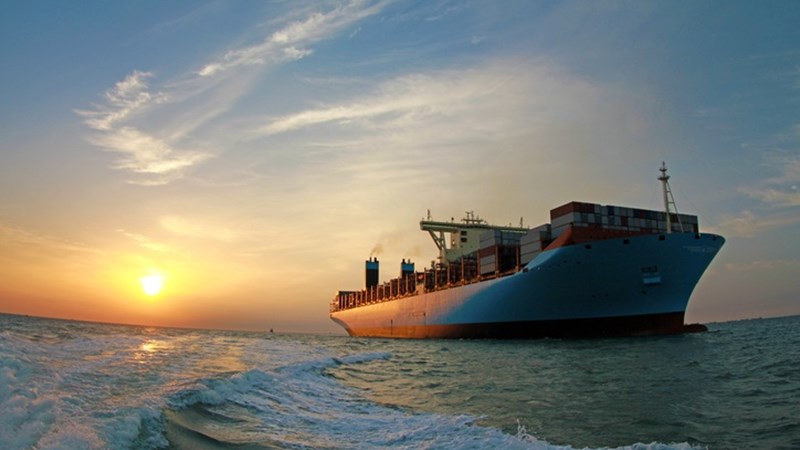The Netherlands - a ship arrest paradise?!
June 2021
The Netherlands is internationally known as a country where it is relatively easy to arrest ships and other assets. In matters concerning unpaid bunker invoices, collisions or charter party disputes, a ship arrest can be an effective mean to obtain security for outstanding claims. But what about the lawyer’s position? Is he entitled to arrest a ship when his services to a shipowner remain unpaid? This question has been dealt with in the matter of the offshore supply ship “Wisconsin”.[1]
Ship arrest in the Netherlands
Under Dutch law it is relatively easy to arrest ships. A ship arrest in the Netherlands may be made within a couple of hours. The Dutch courts, especially the specialised maritime court in the port city of Rotterdam, recognise the need for prompt action where ships are concerned. Judges regularly grant arrest leaves outside working hours, in weekends and on holidays with the same expedience as on a working day.
In the arrest application, inter alia, the claim (amount and legal basis), the creditor and debtor have to be described, and such description must be supported by documentation. Usually, no countersecurity is required from the applicant for arrest. The court, in principle, decides after a marginal review of the application without hearing the debtor. After the court has granted leave to arrest, the bailiff makes the arrest on board the vessel. The debtor of the claim for which the arrest was made may request the court in summary proceedings to lift the arrest. Dutch law does provide for (strict) liability for wrongful arrest.
Arrest Convention 1952
One of the basic principles of Dutch law is that a creditor is allowed to take recourse against all assets of its debtor for all claims. In order to make sure that a (later) judgment can be enforced, the creditor is also allowed to make (conservatory) attachments/arrests on the assets of its debtor. The starting position is that any and all assets can be arrested for any and all arguable claims. This principle is somewhat limited when it concerns seagoing ships flying the flag of a Contracting State to the Arrest Convention 1952.[2] The Netherlands is a party to this Convention.
Pursuant to the Arrest Convention 1952, ships flying the flag of one of the Contracting States may only be arrested for ‘maritime claims’ within the meaning of the Convention.[3] ‘Maritime claims’ include inter alia collision claims, claims for personal injury caused by a ship, salvage claims, general average and claims for goods or materials supplied to a ship for her operation or maintenance (e.g. bunker fuel).[4] If the creditor’s claim is not a ‘maritime claim’ within the meaning of the Arrest Convention 1952, an arrest of ‘Convention’-ships is not possible on ships with a Member state flag. Although the scope is wide, is does not cover any and all claims with a maritime connection. For example, a stevedore’s claim for damage to grabs used in discharging a vessel because of a ship not being ready for discharge has been held not to fall within the definition of a ‘maritime claim’.[5] The same applies for claims arising from a contract for the sale of a ship.[6]
Is the ‘arrest-toolbox’ also available for lawyers?
Lawyers are not exempted from the above rules when it comes to their claims for outstanding fees. In the matter of the “Wisconsin” that was decided by the Court of First Instance of Curacao, a seagoing offshore supply ship flying the flag of Togo, the court had to consider whether it was allowed to arrest the ship for such a claim.[7]
A law firm had rendered legal assistance for a claim brought against the “Wisconsin’s” owner by the ship’s crew. The owner did not pay the law firm’s invoices. Subsequently, the law firm submitted an arrest petition to arrest the ship in order to recover its invoices. The Court of First Instance of Curacao assessed that both Togo and Curacao are a party to the Arrest Convention 1952. Thus, it needed to investigate whether the law firm’s claim was a ‘maritime claim’ within in the meaning of this Convention. The court held that this was not the case. The fact that the assistance provided consisted of contesting a claim of the crew of the vessel in summary proceedings does not give the law firm’s claim a sufficient maritime character. The court rejected the argument that the law firm is to be considered as ‘salvor’ because of its role as professional assistance provider. The assistance provided did indeed relate to the ship and her crew, but the assistance provided did not concern assistance to a ship in need of assistance (i.e. ‘salvage’). Thus, the law firm did not receive leave to arrest the “Wisconsin’.
When it comes to those wanting to arrest ships, The Netherlands remains a ‘ship arrest paradise’. It offers a relatively hassle-free solution to quickly arrest ships as security for claims. There are some exceptions, of which a claim from a lawyer for unpaid services is an example, at least when the ship sails the flag of the Arrest Convention.
Should you have any further questions concerning the arrest of sea-going vessels or inland vessels, please do not hesitate to contact us.
* * *
[1] Court of First Instance of Curacao 14 January 2021, S&S 2021/20 (“Wisconsin”).
[2] International Convention relating to the arrest of seagoing ships, signed at Brussels, on May 10, 1952.
[3] Article 2 Arrest Convention 1952.
[4] See Article 1(1) Arrest Convention 1952 for the complete list of ‘maritime claims’ under the Arrest Convention.
[5] District Court of Rotterdam 24 February 2010, S&S 2010/33 (“Gabion”).
[6] District Court of Amsterdam 9 February 2007, S&S 2007, 110 (“Saratov City”; “Inzhener Shlem”).
[7] By way of background, Curacao is a country within the Kingdom of the Netherlands.
